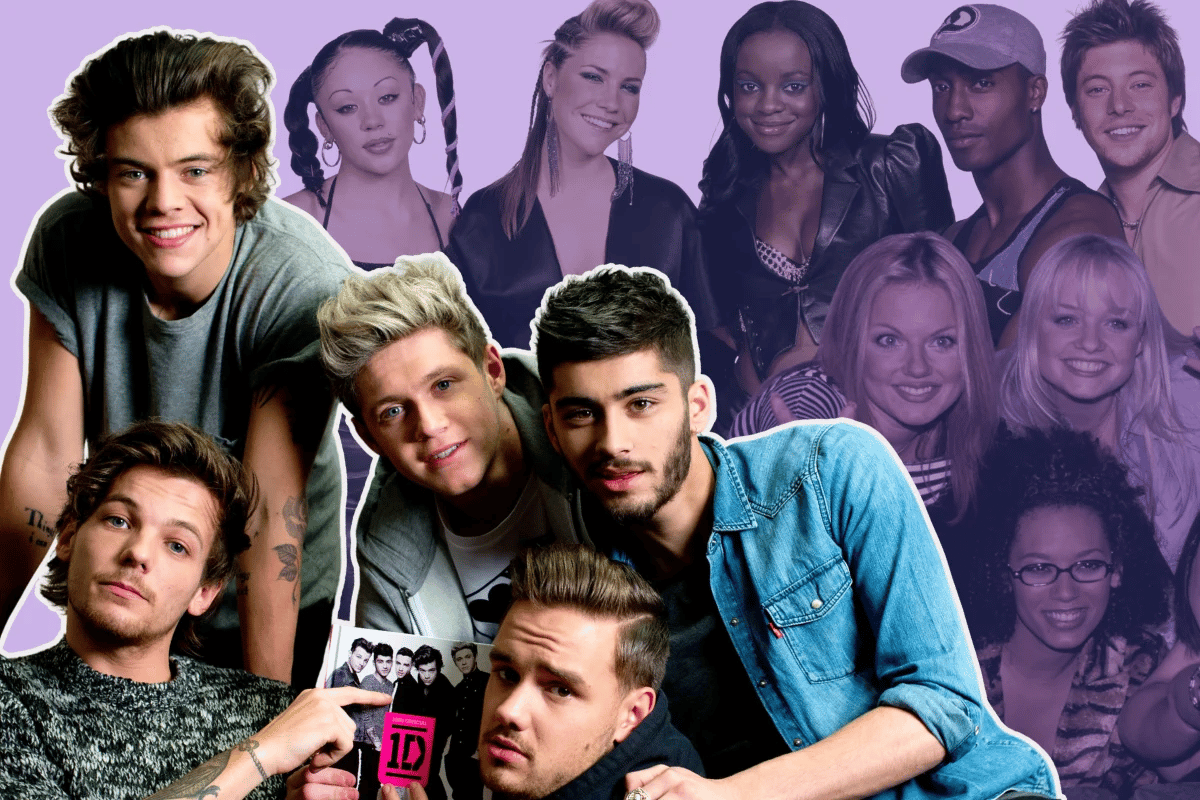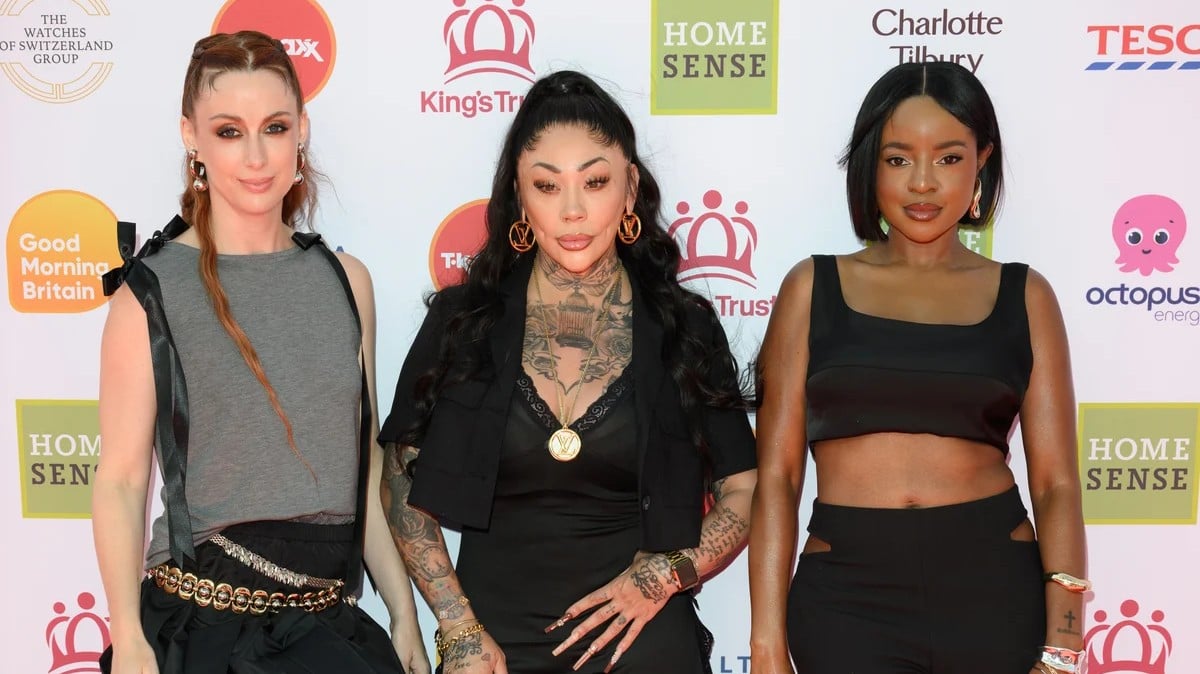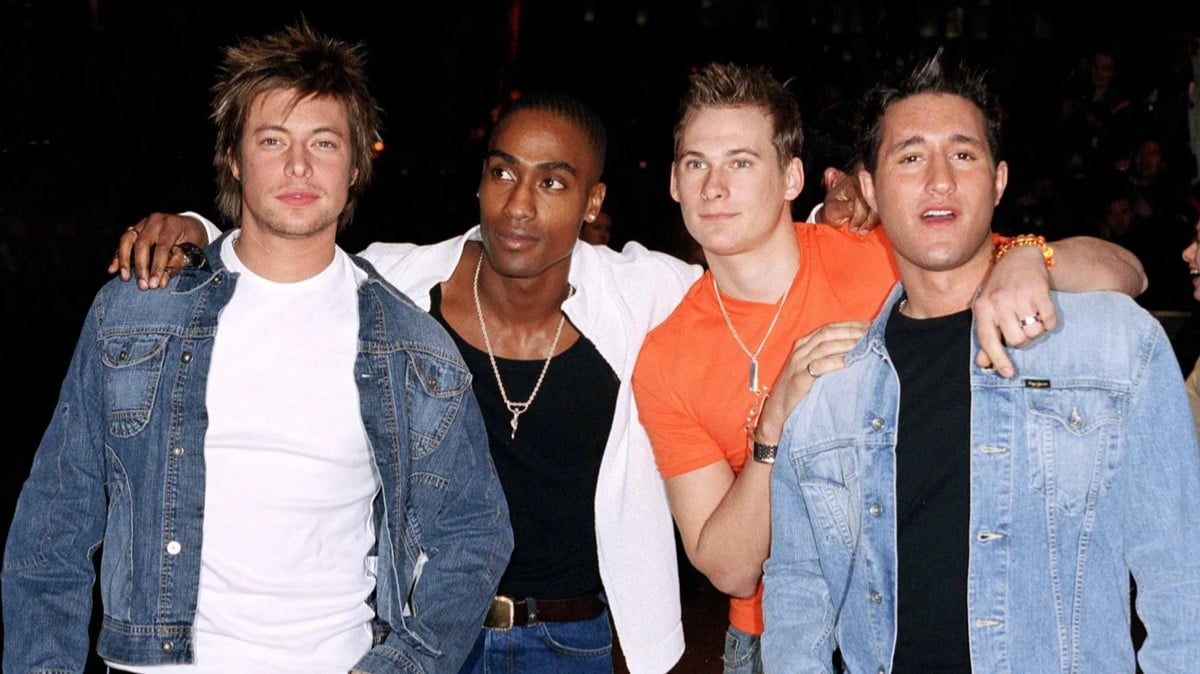
Zayn Malik was one of the biggest stars in the world as part of One Direction. The British-Irish boy band became a global phenomenon after their formation on The X Factor in 2010, selling millions of records worldwide, embarking on four world tours, and spawning a level of fan devotion that bordered on religious. They were, by every metric, one of the most successful pop groups of all time.
But success, as we know, doesn't shield you from everything. The group experienced their share of hardships — intense scrutiny, relentless touring schedules, the eventual departure of Malik himself in 2015, followed by their hiatus a year later… and most recently, the tragic passing of one of the group's members, Liam Payne.
Now, nearly a decade since leaving the group, Malik has opened up about the racism he experienced. And he's done it in perhaps the most direct way possible: through music.
Watch the teaser for Fuchsia Sea. Article continues after video.
In a teaser for his new song 'Fuchsia Sea', shared on Instagram over the weekend, Malik raps over a punchy piano beat with lyrics that cut straight to the heart of his experience: "I worked hard in a white band/And they still laughed at the Asian."


































































































